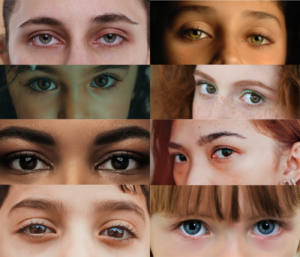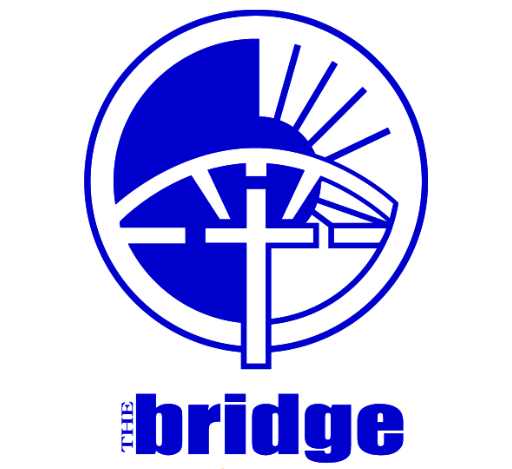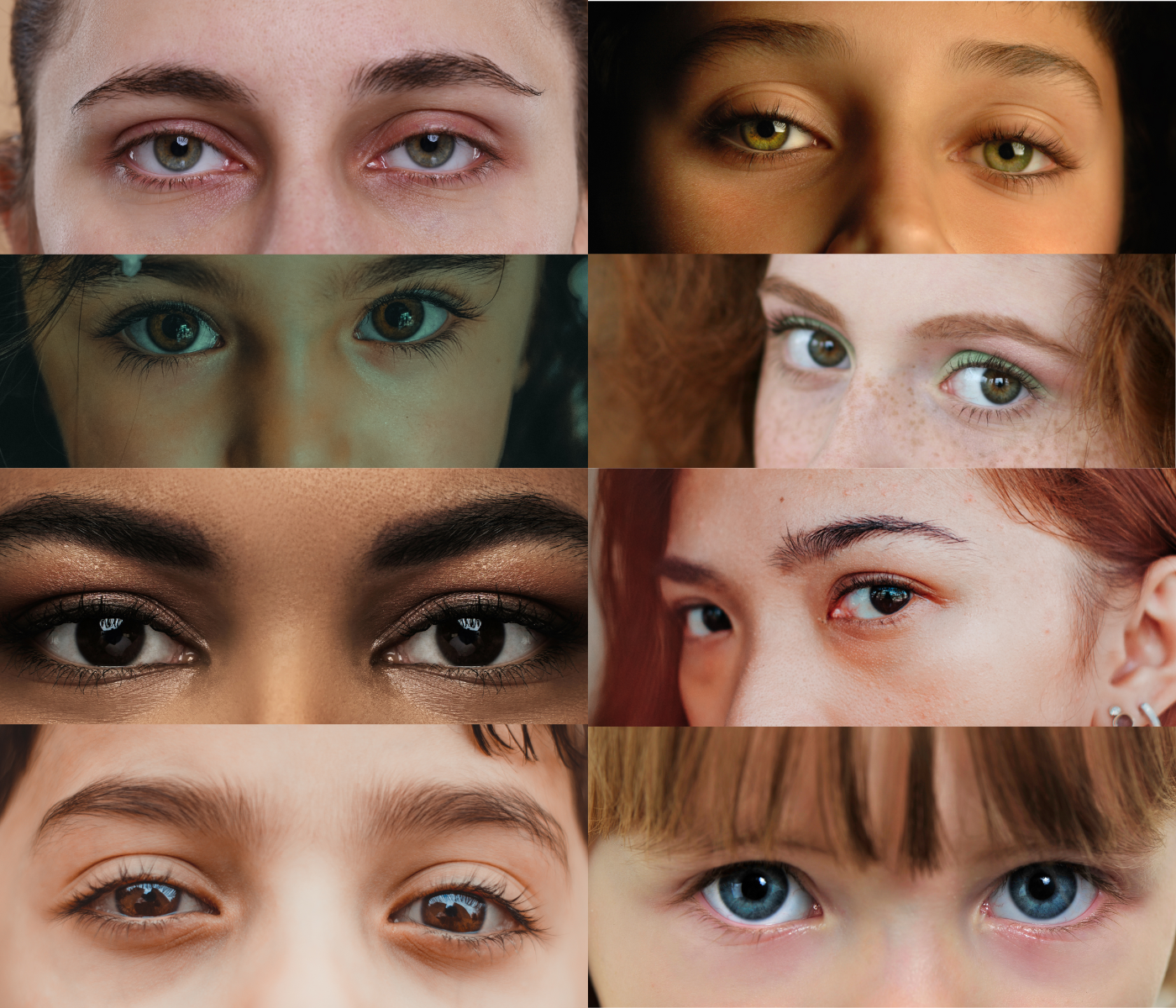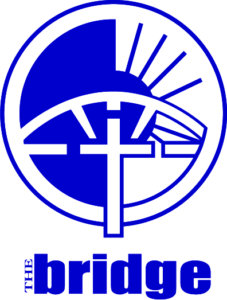Human Trafficking Awareness Month: Empowering Communities to Combat Modern Slavery
by Tammie Nielsen
Every January, Human Trafficking Awareness Month serves as a global call to action against one of the most heinous crimes of our time. This month is not just about raising awareness but also about empowering communities to fight trafficking through prevention, victim protection, and the prosecution of perpetrators. Let’s look at who is targeted, why they are vulnerable, and how we can collectively combat this modern-day slavery.
Who is Targeted and Why?
Human traffickers are opportunists who exploit vulnerabilities, targeting individuals regardless of age, gender, or background. However, certain groups are at higher risk:
- Runaway and Homeless Youth: Each year, an estimated 1 in 6 runaway youth in the United States are likely to be trafficked. Their need for shelter, food, and safety makes them easy prey for predators who offer false promises.
- Marginalized Communities: Poverty, lack of education, and limited access to resources make individuals in underserved communities more susceptible to traffickers.
- Individuals Experiencing Loneliness: Feelings of isolation and disconnection make people more vulnerable to traffickers who offer a false sense of belonging and support.
- Women and Girls: According to the United Nations, women and girls account for 71% of all trafficking victims globally, often coerced into sexual exploitation or forced labor.
Traffickers use psychological manipulation, false promises, and threats to exert control over their victims. The reasons behind trafficking are rooted in greed, driven by a global industry generating an estimated $150 billion annually. Victims are not commodities, yet they are treated as such in the relentless pursuit of profit.
Prevention: Education and Awareness
Prevention begins with awareness. Communities can play a vital role in reducing vulnerability through education and outreach. Schools, workplaces, and faith-based organizations can host workshops to:
- Recognize the Red Flags: Suspicious job offers, isolation from family and friends, and signs of physical abuse are potential indicators of trafficking.
- Teach Online Safety: In a digital age, traffickers often use social media platforms to groom and recruit victims. Parents and educators must teach youth to recognize online dangers and prioritize privacy.
- Support Local Anti-Trafficking Efforts: Individuals and organizations can partner with local nonprofits to host events, distribute educational materials, and raise funds for survivor services.
Protection: Supporting Survivors
Rescuing victims is only the beginning. Survivors of trafficking often face long-term physical, emotional, and psychological challenges. Comprehensive support systems are essential to help them rebuild their lives:
- Safe Housing: Emergency shelters and long-term transitional housing provide a stable environment for recovery.
- Trauma-Informed Care: Counseling services that understand the unique experiences of trafficking survivors are vital for healing.
- Training for Families: Many survivors struggle with conflicting emotions, including missing their captor or abuser due to trauma bonding. Providing training and education for families helps them understand these complex emotions and equips them to offer supportive, nonjudgmental environments.
- Legal Assistance: Many survivors need help navigating complex legal systems to secure visas, expunge criminal records, obtain custody of their children, or file for protective orders to ensure their safety.
Prosecution: Holding Perpetrators Accountable
Justice for trafficking victims requires a relentless pursuit of perpetrators.
Governments and law enforcement agencies worldwide have made significant strides in this area by:
- Strengthening Laws: Policies like the Trafficking Victims Protection Act (TVPA) in the United States provide a legal framework to prosecute traffickers and protect victims.
- International Collaboration: Trafficking is a global issue requiring cross-border cooperation to dismantle criminal networks.
Local and national organizations, such as The Bridge Over Troubled Waters, Polaris, and the National Human Trafficking Hotline, offer critical resources for survivors. Community members can support these efforts by volunteering, donating, or spreading awareness.
______________________________________________________________________________________________________________
The Office of the Texas Governor, the Office of the First Lady, and the Texas Department of Family and Protective Services, and faith communities across Texas are working together to fight child sex trafficking. The week of January 6-12, 2025 is the week of prayer to end human trafficking.
National Wear Blue Day is January 11, 2025. Take photos of friends, family, and yourself wearing blue and share on social media using #WearBlueDay and tagging The Bridge Over Troubled Waters. Remember, humans are NOT FOR SALE! More information on Texas initiatives here.



